No foreign company barred from doing business in SA – Sanral
9TH NOVEMBER 2022
BY: IRMA VENTER
CREAMER MEDIA SENIOR DEPUTY EDITOR
ARTICLE ENQUIRY SAVE THIS ARTICLE EMAIL THIS ARTICLE
FONT SIZE: -+
The South African National Roads Agency Limited (Sanral) on Wednesday issued a statement to defend the appointment of several Chinese groups in four major tender awards.
In a rejuggled tender process following earlier irregularities, the R4.05-billion Mtentu Bridge project, on the N2 Wild Coast road, was awarded to the China Communications Construction Company (CCCC) Mecsa joint venture (JV)
The R1.23-billion rehabilitation of the R56 Matatiele rehabilitation project, in the Eastern Cape, was awarded to Welkom-based Down Touch Investments.
The R2.44-billion N3 Ashburton Interchange, in KwaZulu-Natal, was awarded to the China State Construction Engineering Corporation (CSCEC) Base Major JV, along with the N2/N3 EB Cloete interchange improvements project, in KwaZulu-Natal, valued at R5.02-billion
Noting what it calls the “emergence of a negative narrative with regard to Chinese investment into South Africa”, Sanral says South African law does not prohibit any foreign company from doing business in the country.
“Secondly, Sanral does not at its discretion, choose who it awards tenders to.”
The roads agency says it is “compelled by law” to award a tender to the entity that “meets the compliance requirements and is the best in terms of relevant points and price”.
“Ultimately, it is the quality of a bid that wins a tender, and not the nationality of the bidder(s),” says Sanral. “Following a fair, open and competitive process, the contracts for all four tenders were awarded to the tenderers which submitted the highest scoring eligible bids.”
Sanral adds that both CCCC and CSCEC are registered on the Construction Industry Development Board register and the National Treasury’s central supplier database.
Both firms also submitted valid black empowerment certificates and both firms, as part of their respective JVs with South Africa-based partner companies, complied with all applicable procurement regulations.
“These South African companies are free to form JVs with any other company, either locally or internationally,” says Sanral.
“Having fought so hard to prioritise economic development opportunities for black subcontractors on these tenders before they were initially cancelled, it stands to reason that we’ll continue to advance developmental opportunities that will allow black businesses to participate meaningfully in the economy,” adds Sanral board chairperson Themba Mhambi.
“To this end, as with any Sanral contract, the winning bidders must comply with the mandatory local content requirement, which, in this case, includes 100% procurement of South Africa steel and cement, as well as all applicable regulations and legislation, particularly environmental, labour and health and safety requirements.
“All contracts have also stipulated minimum contract participation goals for local labour and targeted small, medium and micro enterprises,” notes Mhambi.
Sanral says that while infrastructure development remains instrumental in South Africa’s economic recovery post Covid-19, “it goes beyond simply creating jobs”.
The agency says the Mtentu Bridge and EB Cloete Interchange projects are “technically highly complex and challenging projects”, requiring megabridge construction expertise and experience, with the Chinese construction industry one of the world leaders in megabridge building.
“We are mindful of South Africans’ concerns about the integrity of the procurement process, given the magnitude of the contract,” says Mhambi.
“As such, a due diligence process was conducted. In this instance, the probity test has not raised any red flags that would have disqualified the winning bidders.
“It should also be noted that Sanral does not issue empowerment status . We only verify the authenticity of such certificates. Empowerment certificates are issued by verification agencies approved by the South African National Accreditation System.
